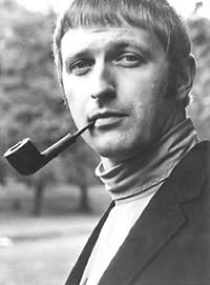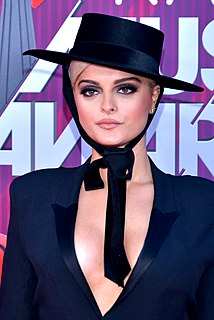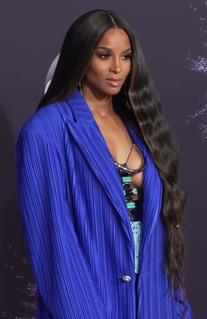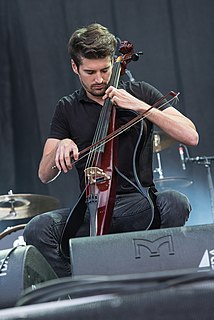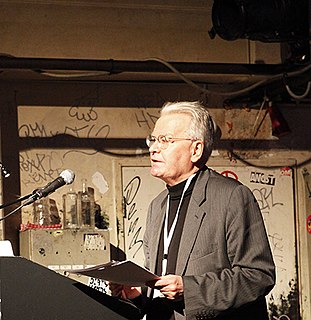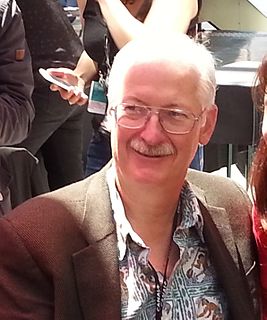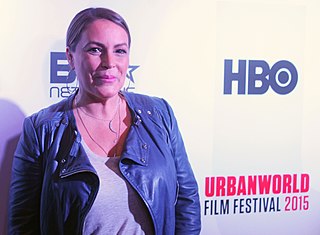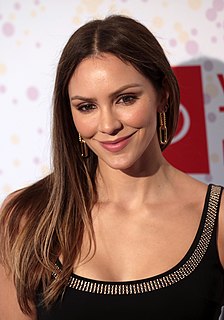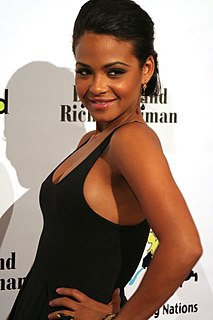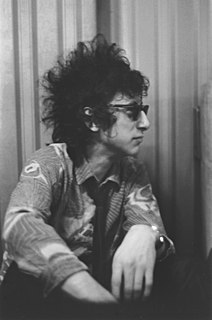A Quote by Graham Chapman
You know, Python should have won a Grammy for our musical work on the show.
Related Quotes
When you choose a language, youre also choosing a community. The programmers youll be able to hire to work on a Java project wont be as smart as the ones you could get to work on a project written in Python. And the quality of your hackers probably matters more than the language you choose. Though, frankly, the fact that good hackers prefer Python to Java should tell you something about the relative merits of those languages.
Many businessmen fail to understand Python principles--the ultimate absurdity was an offer from America to buy the 'format' of the Python shows, that is, Monty Python without the Pythons--corporate methods do not have the conceptual framework to deal with an anarchist collective, run by intelligent and arrogant comedians who have proved that their method works.
We wanted a musical number that would capture the exhilaration of being out on a boat as they were and sailing with the stars and all that. So that's the origin of We Know the Way. From very early on we said, for an audience that doesn't know this, what we need a song that can really have the kind of sweep and the, you know, pull you in. So that was early on, we conceived of like that should be a musical moment [in Maona].
You don't get a lot of life milestones in show business. It's really difficult to make things, and a lot of times you don't know you're at the end of something. With Mr. Show, I was only a writer and we knew we were going into the movie, and we thought, "Okay, like Monty Python, we're going to make five movies." And we didn't know it was the end. So it ended up being a bummer and such a terrible ending for Mr. Show. We never got to feel like, "Wow, we did it! We did something."
Blind audition format is what make our show unique and gives it so much more integrity. After all, the show is called The Voice. It's about vocals, and you have to stand out to get the attention of these four, Grammy-winning superstars who have an amazing ear and know what they're talking about. They rely on their ear as well as the reaction of fans in the audience to figure out whether that contestant is worth pressing that red button for. It's a great concept which keeps everybody on the edge of their seat.
